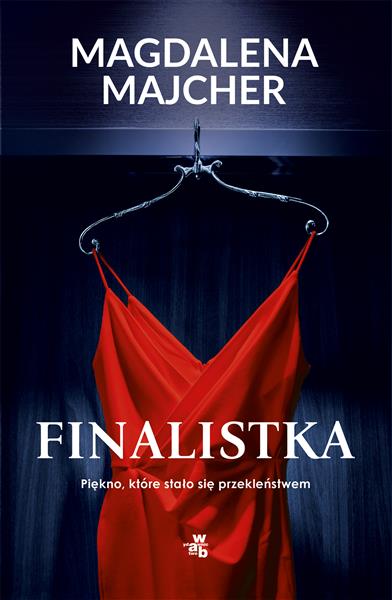Do you wear that at home? Where are you really from? Does he make you wear that? Do you support acts of terror? Do you believe in British values ? Can I see your hair? Do you have equality? Are you hot in that? Can you be a feminist? Why don t you just take it off? Do you wear that in the shower? Are you oppressed?
From modern pop culture to anti-Blackness, faith and family, politics, education, creativity and working life; this anthology gives visibly Muslim women creatives a space to speak to the matters that mean most to them.
SPOILER ALERT: We won t be answering the usual questions!
Perceived as the visual representation of Islam, hijab-wearing Muslim women are often harangued at work, at home and in public life yet are rarely afforded a platform on their own terms. Whether it s awkward questions, radical commentators sensationalising our existence, non-Muslims and non-hijabis making assumptions, men speaking on our behalf, or stereotypical norms being perpetuated by the same old faces, hijabis are tired. Cut from the Same Cloth? seeks to tip the balance back in our favour. Here, twenty-one middle- and working-class women of all ages and races look beyond the tired tropes, exploring the breadth of our experience and spirituality. It s time we, as a society, stop with the hijab-splaining and make space for the women who know.
Essays by Aisha Rimi, Asha Mohamed, Fatha Hassan, Fatima Ahdash, Hodan Yusuf, Khadijah El Shayyal, Khadijah Rotimi, Mariam Ansar, Negla Abdalla, Raisa Hassan, Rumana Lasker Dawood, Ruqaiya Haris, Sabeena Akhtar, Shaista Aziz, Sofia Rehman, Sophie Williams, Suhaiymah Manzoor Khan, Suma Din, Sumaya Kassim, Yvonne Ridley, Zara Adams.
Egzemplarze powystawowe - mogą zawierać zbite rogi, rozdarcia, przybrudzenia, rysy.



